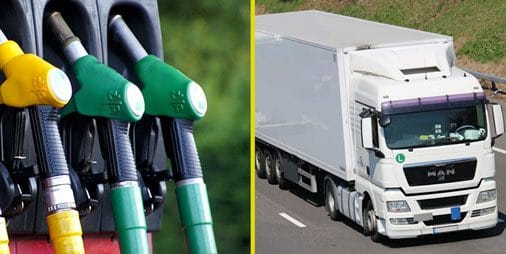The obligation to adopt the Euro6 standard for the approval of new vehicles in Morocco has been postponed. A draft ministerial decree proposes to delay the implementation of this standard by an additional two years, as indicated by a recent report. This measure concerns cars still in stock, whose engines do not yet meet the European Euro6 environmental requirements.
This postponement occurs in a context of geopolitical tensions, inflation, and supply chain disruptions, making the immediate adoption of this standard costly for manufacturers and importers in Morocco. Originally, decree no. 2251.21, enacted in August 2021, required all new vehicles to comply with the Euro6 standard starting January 1, 2023, with a grace period until the end of 2023 for existing stocks.
However, this draft ministerial decree offers a 48-month reprieve before the strict application of the Euro6 standard. This means that full implementation is postponed to early 2027, with the prohibition of registering non-compliant vehicles starting in January 2028.
The goal is to support automotive industry professionals through this adaptation period, particularly in segments such as heavy-duty vehicles, which will benefit from a longer deadline until 2026.
**Environmental and Economic Impact**
The Euro6 standard, in effect in Europe since 2015, aims to reduce pollutant emissions from vehicles, particularly fine particles and nitrogen oxides (NOx). Its adoption in Morocco responds to a desire to limit the environmental impact of road transport while aligning with international standards.
Moroccan authorities justify the postponement by the risks that immediate implementation could pose to fleet renewal programs. Indeed, the anticipated increase in the cost of acquiring new vehicles by 5 to 12% could hinder these efforts.
**Vehicle Fleet Renewal Programs**
In parallel, the Ministry of Transport and Logistics has launched several vehicle renewal programs as part of the “Safe Bus” and “Safe Autocar” initiatives, aimed at encouraging the acquisition of modern and safer vehicles. These initiatives also include bonuses for the purchase of new vehicles, in an effort to modernize public transport and goods transport fleets, particularly in rural areas.
The National Road Safety Agency (NARSA) has also set up a dedicated portal to facilitate access to aid and support industry professionals in transitioning to more modern and environmentally friendly vehicles.


